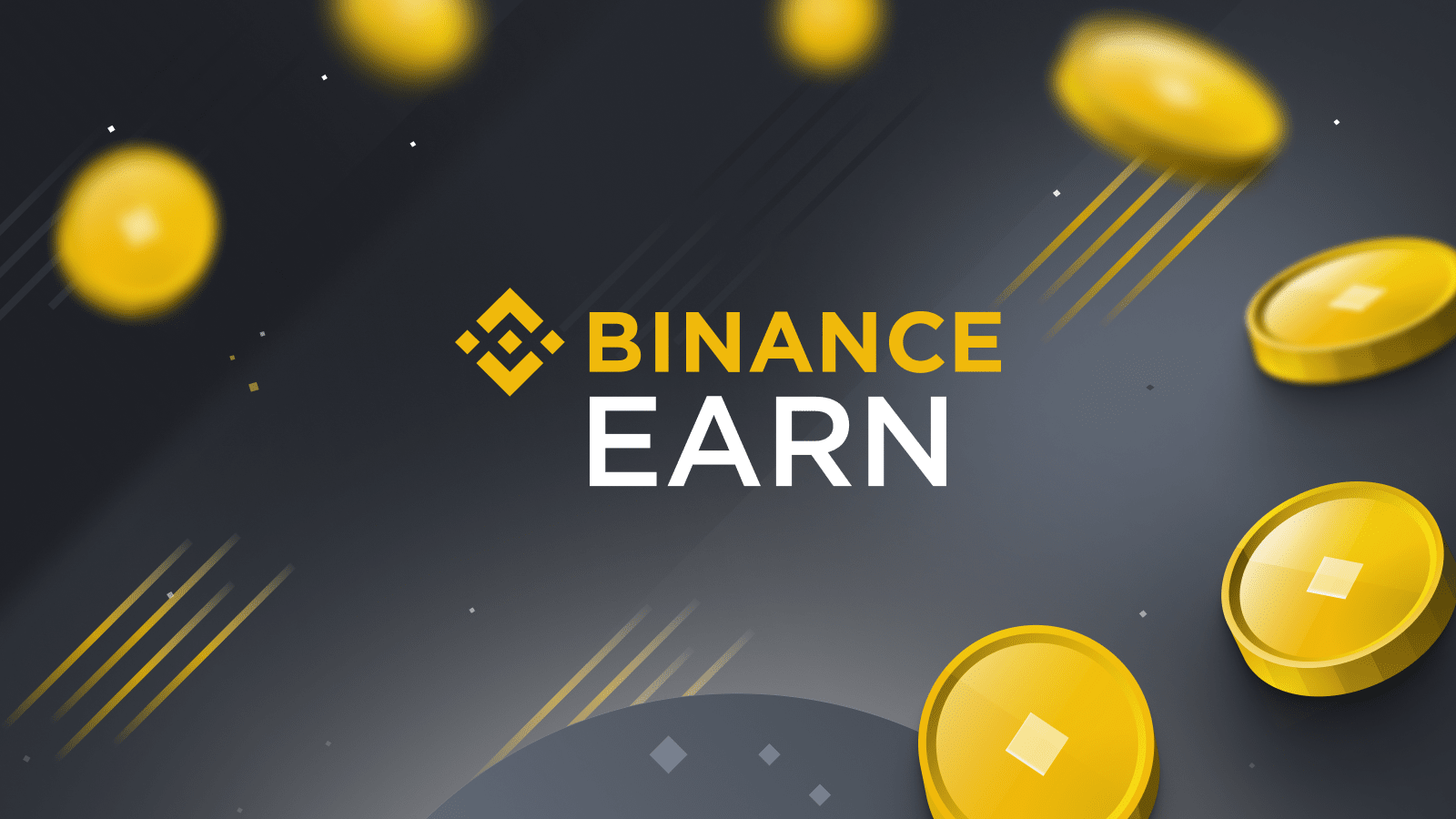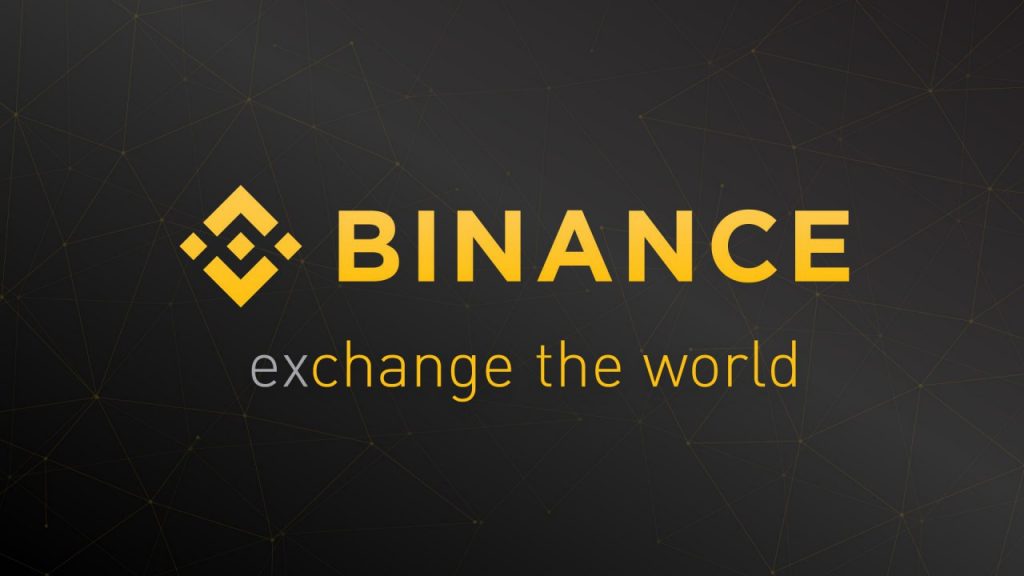
James Carter
Breaking News: US Regulators Expect Binance to Pay Penalties

The Wall Street Journal quoted the company’s chief strategy officer as saying that Binance will likely have to pay fines to end the investigations being done by US authorities.
Patrick Hillmann says that the company is working to fix the compliance gaps and mistakes it has made in the past, but it is likely that the regulators will still ask it to pay the fines.
This could be a way for regulators and law enforcement to stop looking into the exchange’s business.
The WSJ said that Hilman had said,
Binance is “working with regulators to figure out what steps we need to take to make up for that.” […] What will happen is “Maybe a fine, but it could be more… We have no idea. That is up to the government to decide.”
The company’s chief strategy officer said that these problems happened because Binance grew so quickly and because the business was started by software engineers who didn’t know the rules and laws about bribery, corruption, money laundering, and economic sanctions.
Bloomberg, citing Hilman, says that the company’s small staff at the start was spread too thin as the exchange worked on international growth, compliance, and security.
“It’s a very heavy load. […] So, in the first two years, there were some holes in our system for making sure we were following the rules.”
He said that the gaps had been filled in since then.
Hillmann didn’t know how much they’d have to pay or when they’d have to pay it. But, according to the WSJ, he also said,
Binance is “very sure of themselves and happy with how those talks [with the US authorities] are going. […] It will be a good time for our business because we can put it in the past.”
But the US regulatory landscape is still not clear, making it hard for crypto businesses to get around. Hillmann said that it was “very hard” for Binance to figure out how the country’s regulators want to keep an eye on this market.

US Authorities are on the move.
Hilman was quoted as saying that the recent moves by US authorities “would have a really strong and long-lasting chilling effect” on the country.
This month, among other things, the blockchain infrastructure platform Paxos said that the SEC was going to take action against it because it issued Binance USD (BUSD). At the same time, the New York State Department of Financial Services (DFS) told Paxos to stop minting BUSD.
Then it was revealed that Circle, a payments company based in the United States and the creator of the stablecoin USD coin (USDC), had informed the New York watchdog that it had discovered inconsistencies in the blockchain data that suggested Binance did not have sufficient cryptocurrency reserves to support the number of tokens it had distributed.
Also, as reported, over $400 million is said to have moved from the Binance.US account at California’s Silvergate Bank to Merit Peak, a trading company with ties to Binance CEO Changpeng Zhao (CZ), over the first three months of 2021. A Binance.US representative said that Merit Peak did not trade or offer any services on the Binance.US platform. Notably, the SEC started looking into Binance. Relationship US with trading firms Sigma Chain AG and Merit Peak in February 2022.
US authorities sent subpoenas to hedge funds and market-making companies in the US that work with Binance earlier this year, asking for records of how they talked to the exchange.
The major cryptocurrency exchange Kraken agreed a few days ago to pay the US Securities and Exchange Commission (SEC) $30 million in fines to settle a civil investigation into its staking investment program. Kraken did not admit or deny wrongdoing, but it did not deny wrongdoing either.
After Kraken made a deal with the SEC and stopped offering staking services or programs to US customers, Coinbase CEO Brian Armstrong said that his exchange’s crypto-staking services were not securities and that he was willing to defend this in court.
Latest
Blockchain
21 Feb 2026
Blockchain
13 Feb 2026
Blockchain
07 Feb 2026
Blockchain
06 Feb 2026
Blockchain
05 Feb 2026
Blockchain
03 Feb 2026












